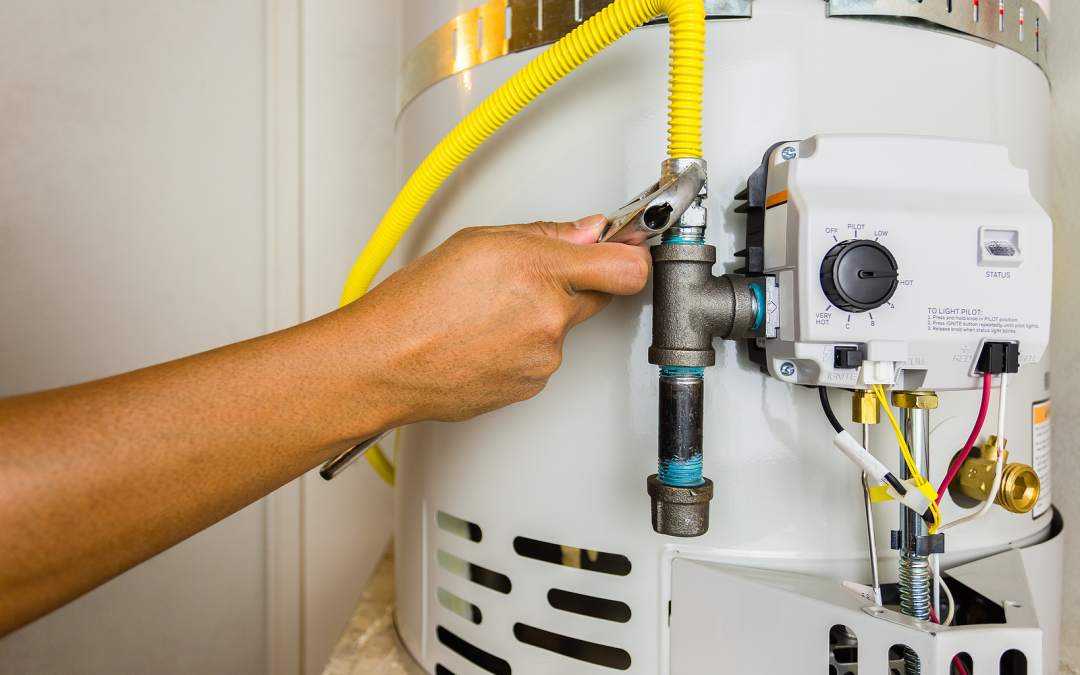Everyone has things go wrong around the house now and then. Often they are easy to fix and a bit of DIY might save you both money and time, as you can do it when it most suits you, instead of when a tradesperson can fit you in.
On the other hand, there are always those people whose estimations of their own DIY skills are at odds with the usual end results. But a slightly uneven set of shelves or a wonky table is not a huge catastrophe.
However, there can be instances when the consequences are incomparably worse. The shelf may fall and break a bit of crockery and the door may come loose off its hinges, but none of these things are likely to lead to your family mourning at your funeral a few weeks later or your home is reduced to smouldering rubble.
When You Should Never Do DIY
There are some jobs where it would be extremely unwise to even think of trying to do it yourself and fixing a gas appliance is definitely top of the list. If you need your boiler repaired in a hurry, it is essential to call out a trained engineer to do it.
The importance of this was highlighted in an article by the Burnham and Highbridge Weekly News, not a paper generally offering essential reading for most folk outside that corner of Somerset, but in this case, giving very sound advice that is as relevant in South London as it is in the West Country.
Gas was listed alongside electricity as being a particularly dangerous energy source when untrained people are trying to deal with it. It described the potential consequences of trying to fix a problem yourself as “catastrophic”, with explosions and carbon monoxide poisoning among the potentially deadly consequences.
Why The Professionals Know Best
These terrible outcomes can be prevented by having a trained engineer do the job, it added, stating: “These professionals have the knowledge to identify potential gas leaks, ensure your appliances are functioning safely, and adhere to strict safety protocols to keep you and your family protected.”
It emphasised that “a DIY repair could literally blow up in your face”, whereas a safe engineer will know just what to do.
Plumbing is another case in point, although in this case, the consequences are not usually fatal. Nonetheless, burst pipes, flooding and mould infestation are not the kind of consequences you want to risk, so if you need a plumber for your gas boiler or any other appliance, get a professional in every time.
Nonetheless, plumbing is not as dangerous a DIY task as messing around with electrical or gas appliances, or trying to remove asbestos – another thing mentioned in the article that nobody except the most skilled and well-equipped people should attempt to do.
Of course, making sure you get an expert in to sort out any problems you have with gas appliances will seem logical enough to most and should cause you to set aside any desire you have for a DIY attempt.
Be Gas Safe
However, the engineer who comes to your door must be a Gas Safe accredited worker. By law, every gas engineer must be on the Gas Safe Register and they must show you accreditation on demand to prove it.
What that means, of course, is that if the engineer you bring in to do the job isn’t qualified and carrying the accreditation to prove it, then they may be little better able to perform the task competently and safely than a householder making a DIY effort.
Not only would that mean you take a huge risk with your life and limb as well as having a higher probability that the problem recurs; but you will also have wasted your money hiring someone who is unlikely to do the job properly.
It can indeed be tempting to deal with your home appliance issues on your own, but sometimes it just makes more sense to get someone properly qualified to do it and ensure that you get the quality of work you need to guarantee your boiler, fire, or cooker is working well again.
Beyond that, however, there is the fact that personal safety is just not something you should ever want to compromise on, least of all when it comes to something like gas.
Tragedies like explosions in homes or people dying of carbon monoxide poisoning are, thankfully, rare. But that itself testifies to the positive impact of Gas Safe certification, while the headlines those occasional tragic events create (as well as the shocking pictures of devastation) act as a reminder of just how important having qualified gas workers is.

